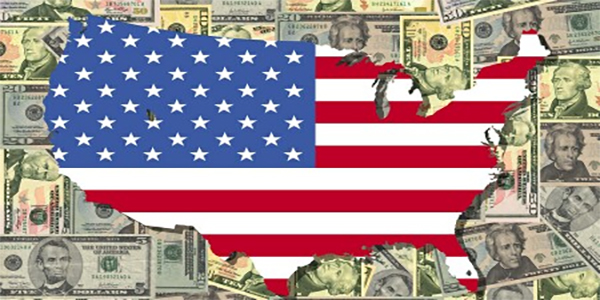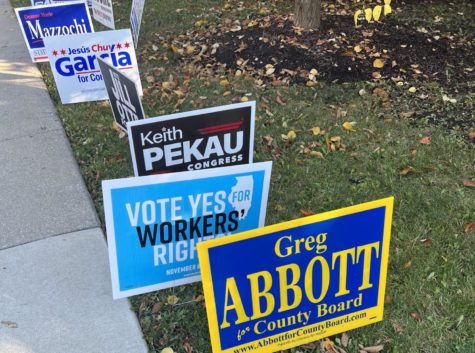“It’s the Economy, Stupid”

Courtesy of Penny Stock Observer
The topic of the United States’ economy has been controversial during the 2016 Election.
I was having a conversation with a friend of mine the other day, and the topic of economics came up. The two of us, contradicting in ideologies, had different ideas of how we think the economy should be run.
My opinion is that due to the staggering amount of debt the United States has accumulated, largely over the past 25 years, it is impossible to sustain the amount of money the government spends overall for a moderate to extended period of time.
In 2015, the United States government brought in $3.2 trillion in taxes and then spent almost $4 trillion. This is how the government has been working since the Great Depression: spending more than they have to enhance the size of the government.
This causes the economy to grow because the government is the largest employer in the country, and therefore total employment would grow if the government needs more people to work for them and run their programs. However, this is not sustainable over a long period of time due to the amount of debt that we’ve accumulated, which could severely turn people away from investing in our financial system and potentially destroying our economy.
To solve this, first off, the government must decrease their spending. By doing simple algebra with the numbers provided by irs.gov, if the money spent on social programs were to be cut by a third, then the United States would be running a budget surplus of about $57 billion. Doing this would completely halt the growing national debt and lead to more sustainable economic alternatives.
One of these alternatives is having citizens invest money back into the economy. The richest of these citizens would invest money into new technologies or business ventures, causing the capital to grow and cover their costs more efficiently. These new technologies could potentially start new industries, which employ middle-working class citizens. These citizens would find a higher source of income brought on by the economies-of-scale from the dropping costs of these industries.
The economies-of-scale would be a result of the initial investment made by the wealthier citizens, which would help cut the costs of production. For example, if a company goes digital with its information, it would lower its costs because they wouldn’t have to spend as much on paper and paper delivering services.
The more the wealthy invest in new industries, the better off a majority of the population is. To get the wealthy to invest more into the economy, they need to be incentivized to work harder and buy American goods and services. This can be done by eliminating the repatriation tax on money made in foreign countries. This allows for the wealthy citizens to bring their foreign made money to the U.S. to buy and invest rather than leaving it in a foreign bank.
If you like this idea, and think it makes sense to you, then you just supported what is known as “trickle down economics”. This is the idea that if you lower taxes and decrease government spending, it will allow more spending and growth in the economy to occur. This idea has caught a lot of flack over the past few decades, but so many people have been too ignorant to learn the basics of it. If one were to take the time to look at the basic roots and economics of the theory, it really makes sense.










